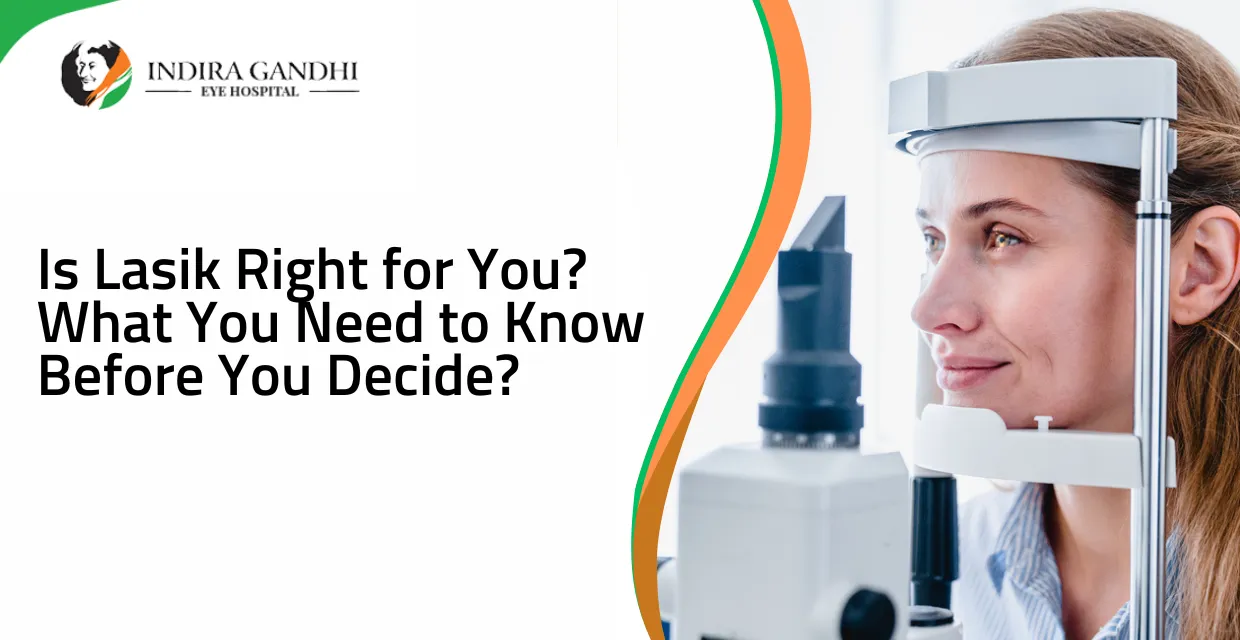If you've been considering LASIK as a solution for your vision problems, it's important to gather all the necessary information before making a decision. LASIK, which stands for Laser-Assisted In Situ Keratomileusis, is a popular surgical procedure that can potentially eliminate the need for glasses or contact lenses.
What is LASIK?
LASIK is a refractive surgery designed to correct common vision problems such as nearsightedness, farsightedness, and astigmatism. It involves reshaping the cornea, the transparent front part of the eye, to improve the way light is focused onto the retina.
Understanding the Procedure
LASIK is performed using advanced laser technology. The surgeon creates a thin flap on the cornea, which is then lifted to expose the underlying tissue. The laser is then used to reshape the cornea, correcting any imperfections precisely. Finally, the flap is repositioned, and it adheres naturally without the need for stitches.
How LASIK Works:
Step | Description |
1. Initial Evaluation | The ophthalmologist evaluates your eyesight and examines the cornea's shape, thickness, and overall eye health. This assessment helps determine your suitability for LASIK. |
2. Anesthesia and Preparation | Before the procedure, numbing eye drops are applied to ensure your comfort. Your eye will be cleaned, and an instrument called a lid speculum is used to hold your eyelids open during the surgery. |
3. Creation of Corneal Flap | The surgeon creates a thin flap on the cornea using a microkeratome (a small surgical instrument) or a femtosecond laser. This flap is then lifted and folded back, exposing the underlying tissue. |
4. Corneal Reshaping | A specialized excimer laser is used to remove microscopic amounts of corneal tissue. The laser's energy vaporizes the tissue in a highly controlled manner, reshaping the cornea to correct refractive errors such as nearsightedness, farsightedness, and astigmatism. |
5. Flap Repositioning | After the corneal reshaping is complete, the surgeon gently repositions the corneal flap back into its original position. The flap adheres naturally without the need for stitches, aided by the cornea's self-sealing properties. |
6. Post-Operative Care | You will be given eye drops to aid in the healing process and prevent infection. Follow-up appointments will be scheduled to monitor your progress and ensure proper healing. |
Candidacy: Who is Eligible for LASIK?
While LASIK can be life-changing for many, not everyone is a suitable candidate. Factors such as age, overall eye health, and stability of your prescription will be considered. Typically, ideal candidates are over 18 years old, have stable vision for at least one year, and do not have certain eye conditions or health issues.
Risks and Complications:
As with any surgical procedure, LASIK carries some risks and potential complications. These can include dry eyes, night vision disturbances, glare, halos around lights, and under-correction or overcorrections. It's essential to discuss these risks with your ophthalmologist and weigh them against the potential benefits of the surgery.
Recovery and Results:
After LASIK, most patients experience improved vision within a day or two. However, the full recovery process may take several weeks. It's crucial to follow your doctor's post-operative instructions carefully, including the use of prescribed eye drops and avoiding activities that may strain the eyes. Your doctor will monitor your progress during follow-up appointments to ensure proper healing.
Conclusion: Considerations Before Deciding on LASIK
Before deciding on LASIK, it's important to consult with a qualified ophthalmologist to determine if you are a suitable candidate. They will evaluate your eye health, discuss the potential risks and benefits, and provide personalized recommendations. Remember, LASIK is a surgical procedure, and making an informed decision is crucial for your vision and overall well-being.
By understanding what LASIK entails, who may be eligible, potential risks, and alternatives, you'll be better equipped to make an informed decision about whether LASIK is the right choice for you. Always consult with a trusted eye care professional who can guide you through the process and address any concerns you may have. Your eyesight is precious, and choosing the right vision correction option can profoundly impact your life.


